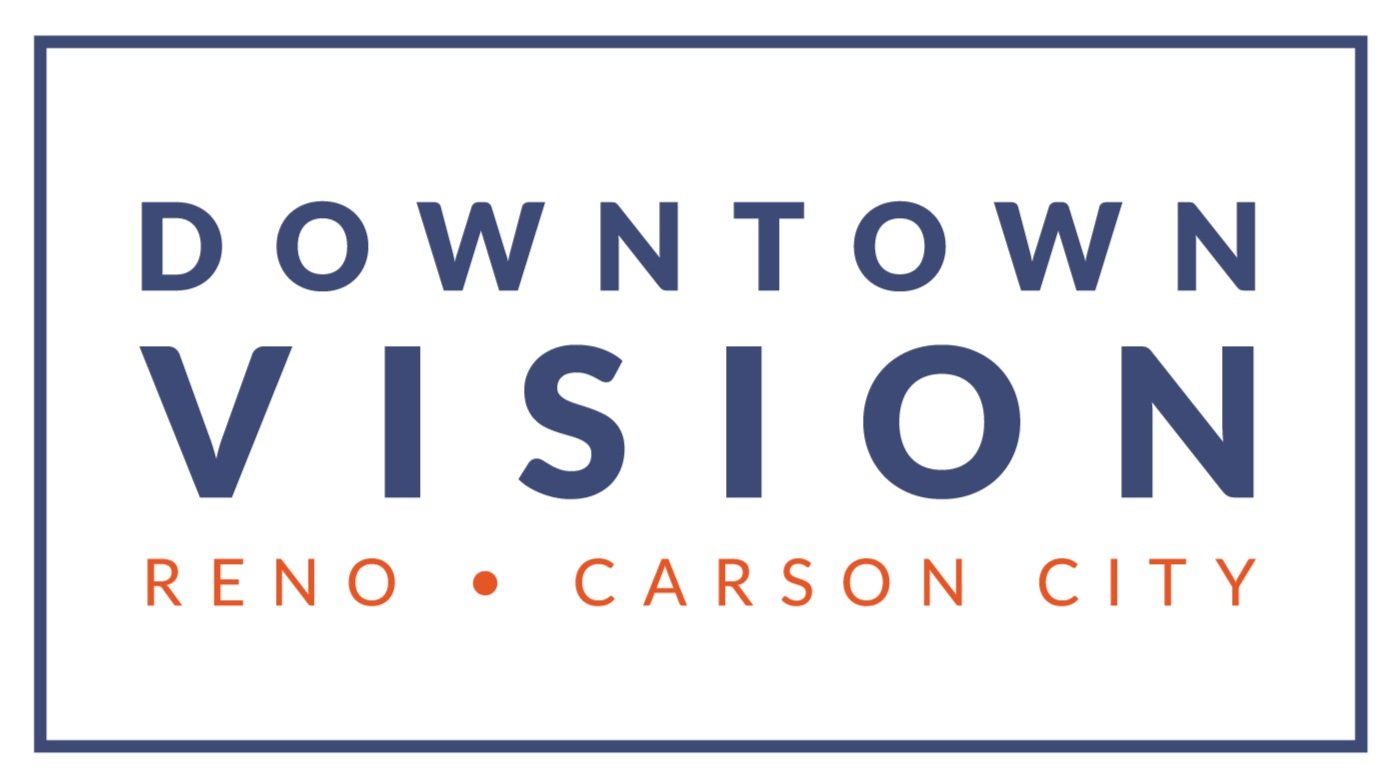Tips for Cataract Prevention
According to the National Eye Institute, more than half of all Americans over the age of 80 have had cataracts or surgery to remove it. We're sharing our top prevention tips in honor of June being Cataract Awareness Month.
Most cataract cases are age-related due to normal changes in your eye as you age. Around the age of 40, the proteins in the lens of your eye begin to break down and clump together, causing a cloudy area in your eye. At first, you may not notice any symptoms, however as time progresses, you may experience:
Trouble Seeing at Night
Cloudy or Blurry Vision
Double Vision
Tips for Prevention
Here are some tips you can incorporate into your daily routine to help safeguard your eyes from cataracts.
Protect your eyes from UV rays: Wear sunglasses that block 100% of UV rays and wide-brimmed hats.
Quit smoking.
Eat a healthy diet: Eat a balanced diet full of dark leafy greens and fruits high in antioxidants.
Keep up with regular eye exams: Cataracts can be detected during a dilated exam. Visit your doctor annually to monitor your eyes' health and catch cataracts early.
Wear protective eyewear: Always wear eye protection when playing certain sports or using power tools.
How do I know if I’m at risk?
While age is the main risk factor that leads to cataracts, you may be at higher risk if you:
Have a family history of cataracts
Had an eye injury
Spend a lot of time in the sun
Take steroids
Smoke
Have diabetes
Treatment Options
Surgery is the only treatment option for getting rid of a cataract. This is recommended when your cataracts get in the way of everyday activities. Here, the doctor will remove and replace the clouded lens with an artificial lens. This surgery is safe and effective, with 9/10 patients reporting clear vision after the procedure. During the early stages, there are additional treatment options to manage your cataracts. Home treatments like anti-glare sunglasses, brighter lights, or new prescriptions for contacts or glasses can help you see better.
By understanding the risk factors and symptoms associated with cataracts, you can take proactive steps towards prevention and early detection. Have questions or need to schedule your annual eye exam? Call us today!
Sources:
https://www.nei.nih.gov/learn-about-eye-health/eye-conditions-and-diseases/cataracts

